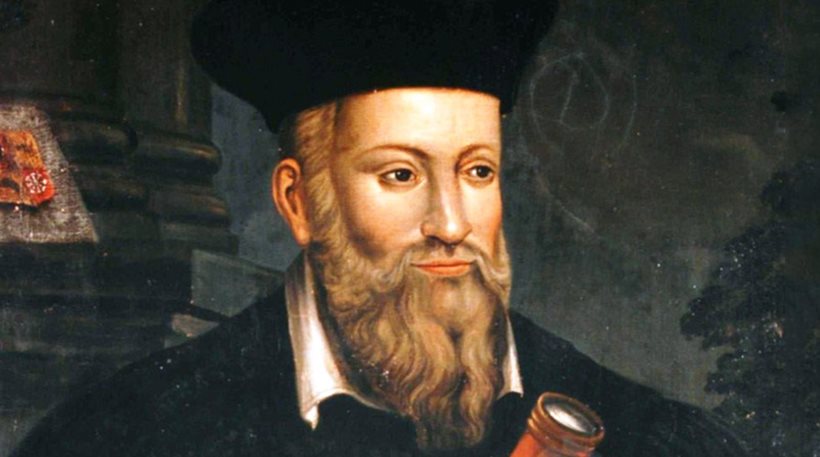There is good news and bad news. The good news is that, as you may have noticed, the world didn’t end on 4 July 1999. Hence the headline in the Guardian on Monday 5 July 1999: “Nostradamus wrong (please ignore if the world ended yesterday).”
Writing 450 years earlier, the French astrologer seemed to have predicted the end in, for him, unusually date-specific terms: “The year one thousand nine ninety-nine seven month / From the sky shall come a great King of terror / [Shall be] revived the great King of Angolmois. Before and after, Mars [shall] reign as chance will have it.”
The king of terror, Nostradamus’s interpreters suggested, was the antichrist. Others argued that, because Angolmois is a (near) anagram of Mongolais, the 16th-century French term for Mongolians, invasion of Europe from the east was imminent – though whether by Russians, Chinese or tooled-up descendants of Genghis Khan riding like Dothraki hordes was uncertain. Nostradamus expert Prof Alexander Tollmann found the matter so worrying that he retreated to his bunker in lower Austria to wait out the catastrophe that never came.
Reuters: Greek renewables fully cover power demand for first time on record
The bad news is that if you thought 2022 was a rotten year, don’t delude yourself that 2023 will be any better. Nostradamus’s writings are now being used to forecast a European apocalypse. The basis of this prediction is the following quotation: “Seven months the Great War, people dead of evil-doing. / Rouen, Evreux shall not fall to the King.”
Read more: yahoo






































